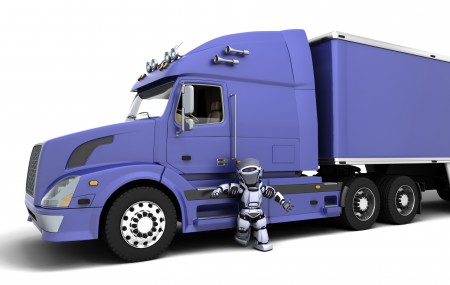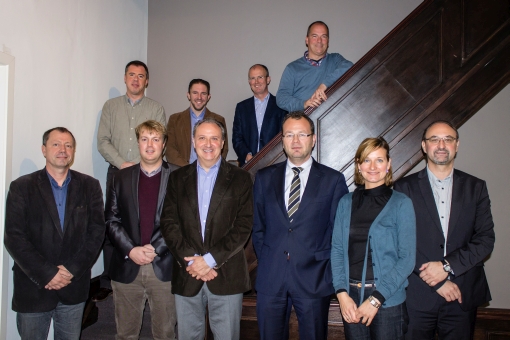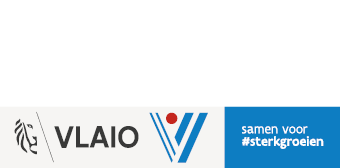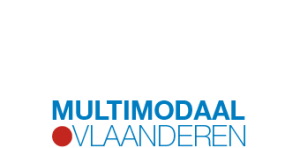From taking stock to practical testing
First of all, the administrative processes and tasks in a transport environment are listed and analysed with regard to the possibility of performing them in a mobile environment. Then the preconditions (adaptation of the cab, ICT equipment, etc.) for this are set out. Finally, during practical testing, a series of specific actions is carried out in a moving vehicle, with the passenger seat serving as a simulator for a truly self-driving vehicle.
Two types
In this project, no distinction is made between the two different types of self-driving trucks currently emerging. With both platooning (1) and self-steering trucks (2), time is freed up for the driver when traffic conditions allow the truck to be driven on autopilot.
(1) several trucks drive behind one another in a column in which the following vehicles are connected to the leading vehicle by Wi-Fi
(2) an individual truck self-steers based on sensors, cameras and sometimes information from a central transport platform














